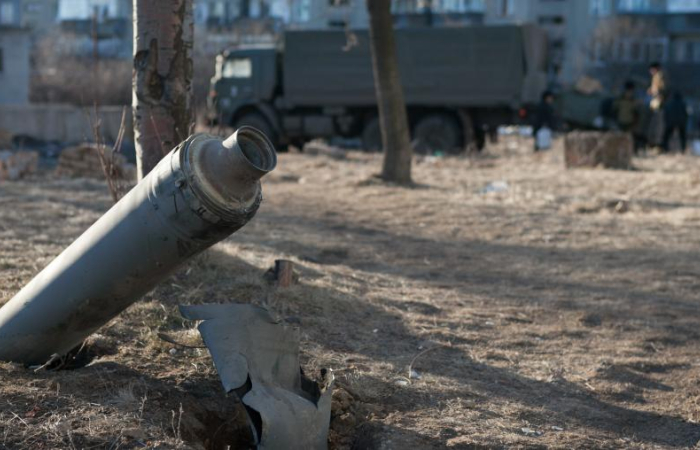Today (4 June), more than 1.8 million Muslims began the Hajj pilgrimage to Mecca in Saudi Arabia. This holy pilgrimage presents one of the biggest logistical challenges for the country's authorities. This year, for the first time, the country is deploying drones and expanding the network of cooled roads to cope with the enormous crowds.
On Monday (2 June), the Minister of Transport and Logistics Services, Saleh bin Nasser Al Jasser, outlined preparations for the annual pilgrimage. He announced a 30 per cent increase in the use of flexible rubberised roads, which are designed to ease the journey for pilgrims on foot.
He also announced the expansion of cooled roadways, which can reduce surface temperatures by around 12°C — an important measure given the extreme summer heat.
The drones use cameras and artificial intelligence (AI) to monitor how busy certain areas are. They can also be equipped with medication and used to extinguish fires.






